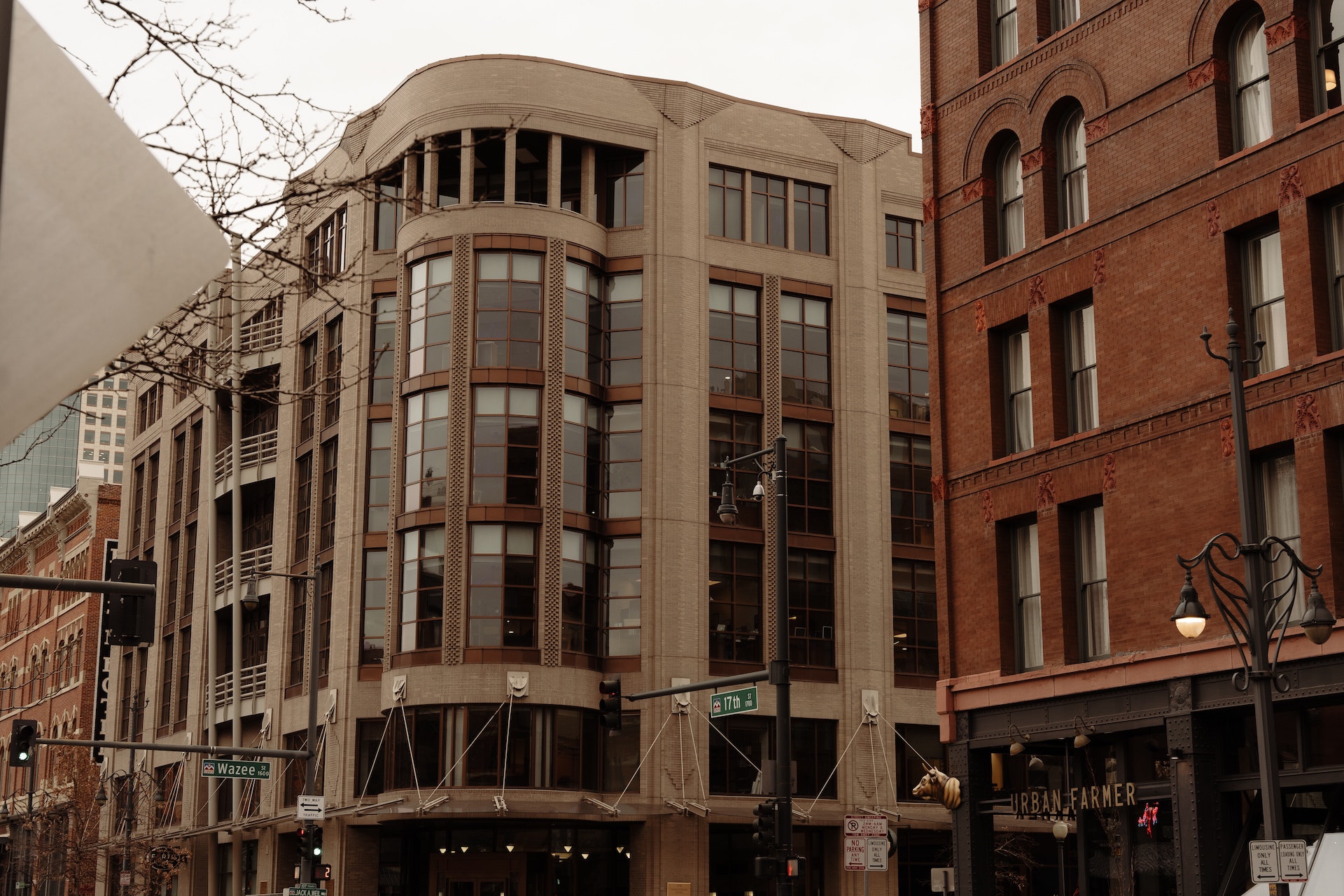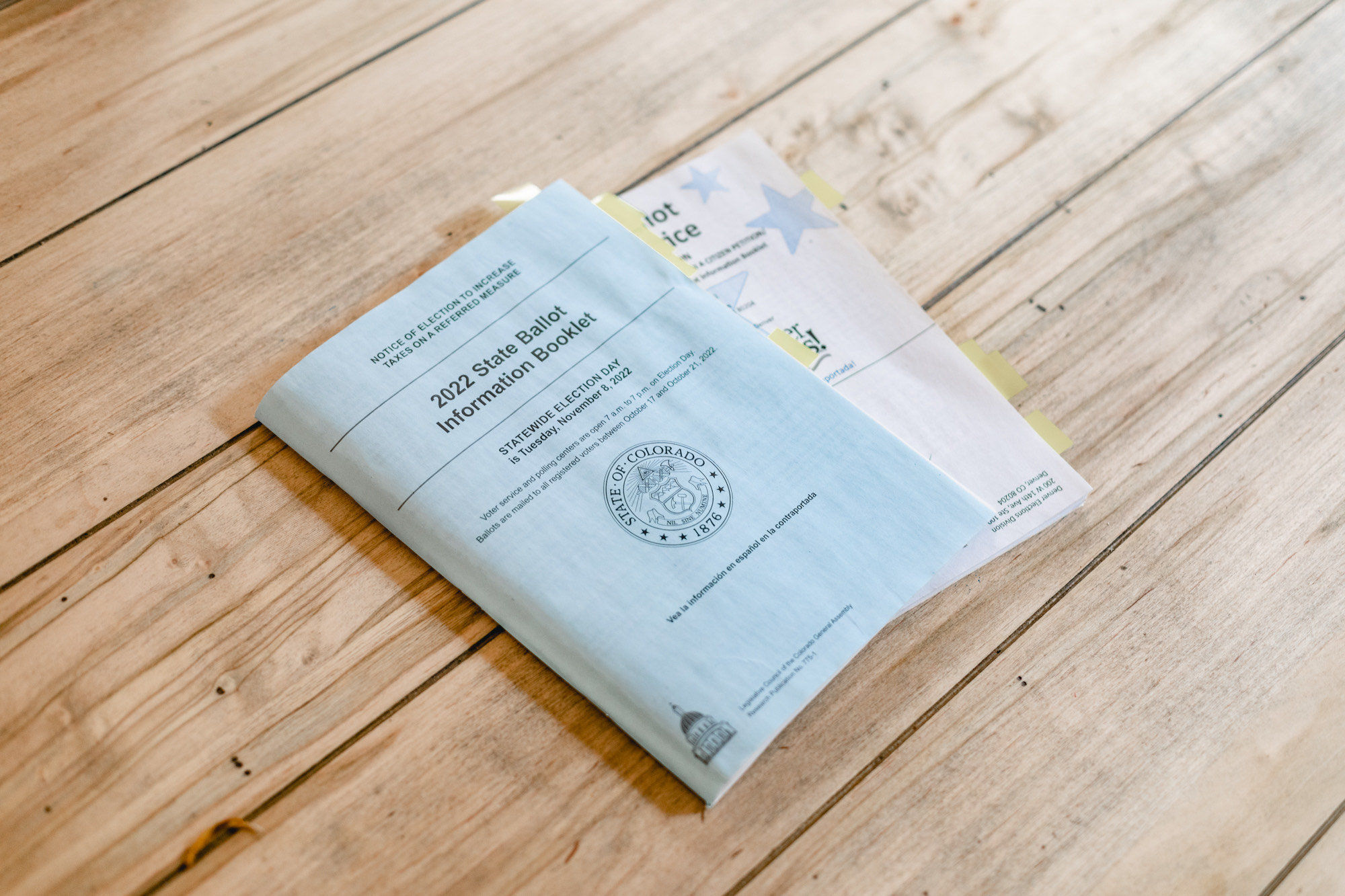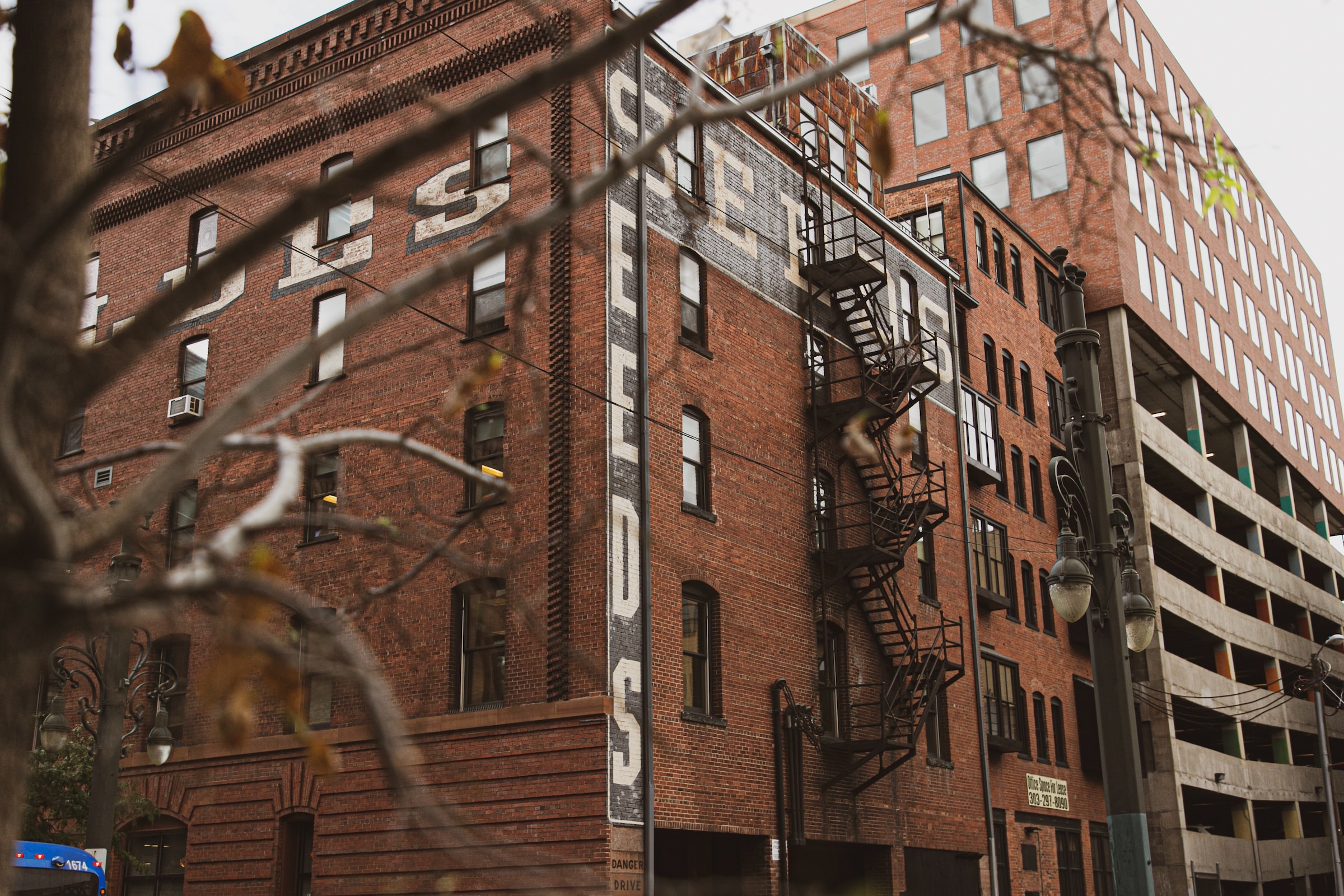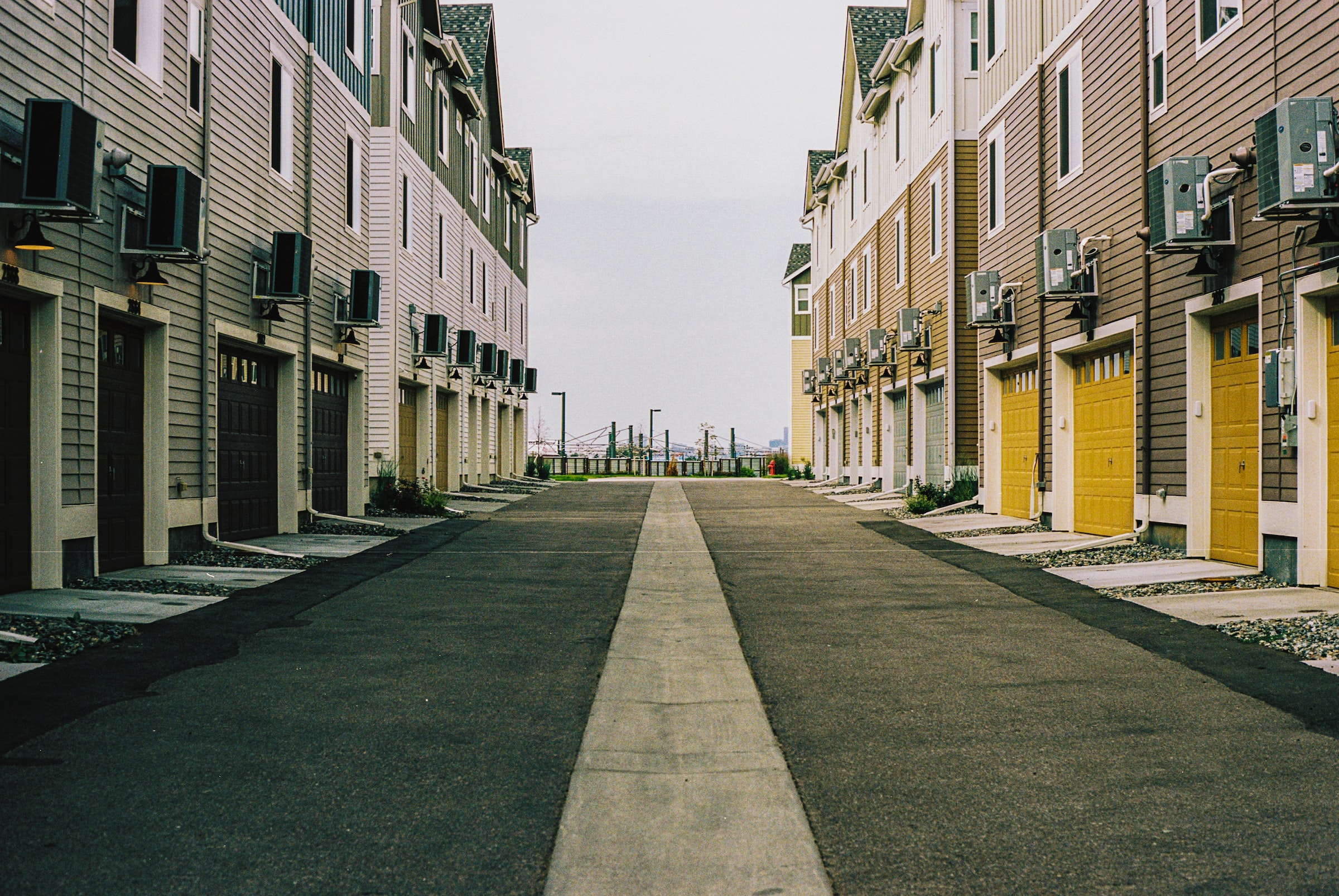On the ballot for Denver voters this fall: The creation of free legal service for any Denver renter facing eviction. Initiated Ordinance 305, known as “No Eviction Without Representation” (NEWR), was put on the ballot by a group of grassroots advocates under the same name. The group is committed to increasing homelessness prevention in Denver.
The ballot measure addresses one of the city’s most pervasive issues: secure housing.
Uneven Legal Representation in Eviction Filings

Data collected from city eviction filings from 2009-2019 show that roughly 9,000 evictions happen in Denver every year.
During eviction filings, corporate landlords have legal representation in 90% of cases, but renters only have it in 1% of cases. The majority of renters are unable to afford legal counsel, resulting in higher rates of eviction. Tenants who do pursue legal representation typically pay hundreds of dollars in fees, making the pursuit unaffordable for many.
In instances where renters do have legal representation, half of the cases are dismissed due to unjust pretenses or a violation of housing law. Eviction rates in Denver are also racialized: Black, Asian and Hispanic renters in Denver are 20% more likely to face eviction.
“Eviction representation is a matter of basic due process in a city that sees 9,000 evictions filed every year on average. It is impossible to navigate the court system without a lawyer, and historically, nearly all Denver tenants have faced eviction alone. Because of this, tenants’ rights are not heard as potential defenses and a fair hearing does not occur,” said Mary Imgrund, communications director of No Eviction Without Representation.
How No Eviction Without Representation Works

If passed, Ordinance 305 will create a citywide program to provide free legal representation to any resident facing eviction. A new tax increase on landlords will fund the program, generating an estimated $12 million in funding in its first year. The tax applies to each individual residential property under lease and is $75 per property.
However, the measure has no provision to guarantee landlords will actually pay the fee. Instead, they are free to pass the cost to renters.
How The 12 Million Dollar Budget Will Be Used:
- Cover the administrative cost of the tax
- Create, operate and fund a program to provide legal representation to tenants facing eviction
- Provide a tenant’s legal services
- Provide an assistance coordinator to administer the program
- Create a tenants’ committee of seven members, each paid a $1,000 annual stipend
READ: Denver Votes: Your Guide to 2022 Midterm Elections
Last year, the Department of Housing Stability launched a program to create free legal counsel for low-income renters seeking eviction. The existing program only is only available to residents who make less than 80% of the area’s median income.
“When tenants have representation, their chances of staying housed go up by 50% or more, avoiding eviction and its devastating consequences for families. This shows that many tenants who would otherwise win their cases are losing because of a lack of due process. Guaranteeing representation ensures a fair hearing,” said Imgrund.
Arguments For And Against

So far, five candidates for public office in Denver have endorsed Initiated Ordinance 305: Javier Mabrey for CO House District 1, Elisabeth Epps for CO House District 6, JoyAnn Ruscha, write-in candidate for RTD Board District B, Shannon Hoffman, candidate for Denver City Council District 10, and State Representative Jennifer Bacon, who is running unopposed for re-election in Colorado House District 7. Denver City Councilwoman Candi CdeBaca also endorsed Initiated Ordinance 305.
25 organizations have endorsed the measure, including ACLU of Colorado, Colorado Cross Disability Coalition, Globeville Elyria-Swansea Coalition, New Era Colorado and YIMBY Denver.
Similar programs in New York City and Philadelphia have seen significant reductions in evictions, which NEWR points to as case studies to support the program in Denver.
“Preventing homelessness saves money on emergency housing and other social services that can be redirected to help additional people. Our city dollars get to stretch further and increase their impact when we act preventively rather than reactively to social issues,” said Imgrund.
The Apartment Association of Metro Denver is the most vocal opponent of Ordinance 305. Their membership represents 1,789 apartment complexes and 462 management companies. The association is concerned that the annual program fee will be passed down to renters, increasing the cost of living in a city where the average rent rose 15% over the last year.
“This tax on every rental unit in the City and County of Denver will be passed on to the cost of rent for tenants – making it even more expensive to find housing in our city,” said the Association in a press statement.
Others who oppose the measure, including the No 305 campaign, note that evictions in Denver are decreasing. “Last year, evictions dropped due to pandemic eviction moratoriums and rental-assistance programs offered by the city, state and federal governments. So far this year, the city’s eviction rate was down by more than a third in the first six months compared with 2019, the last full year before the pandemic,” reads a statement on No 305’s website.
As of October 20, those who support Ordinance 305 have spent $88,454 on public campaigns, while opponents have spent $179,964.
In recent years, Denver residents have voted for policies that support homelessness prevention and mitigation and affordable housing programs. In a sense, Ordinance 305 is another city referendum on homelessness, asking how involved the city should be in prevention efforts.






Voting against